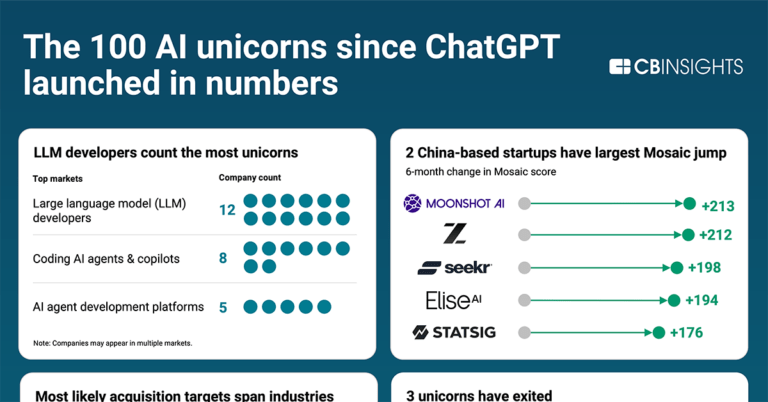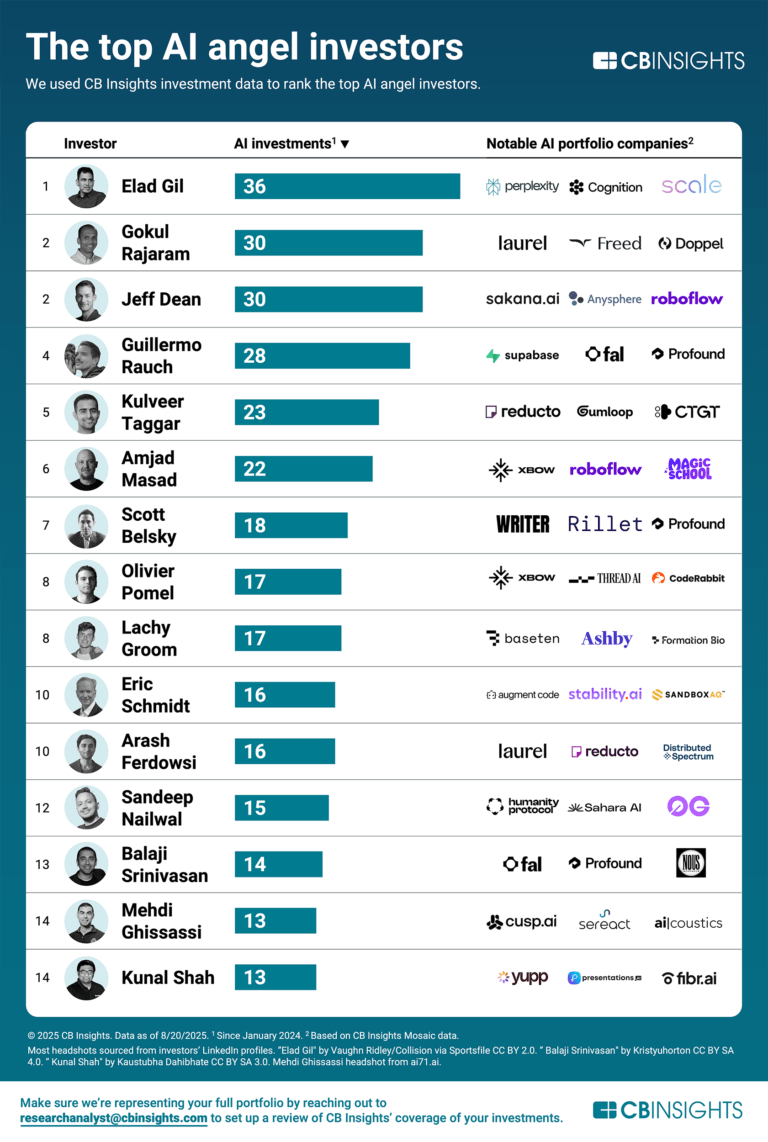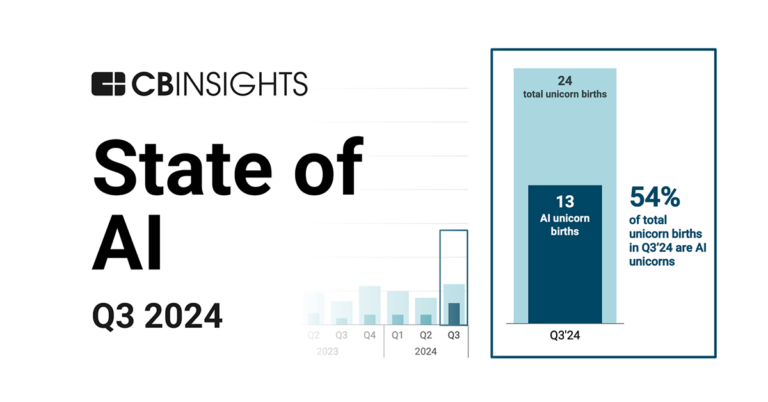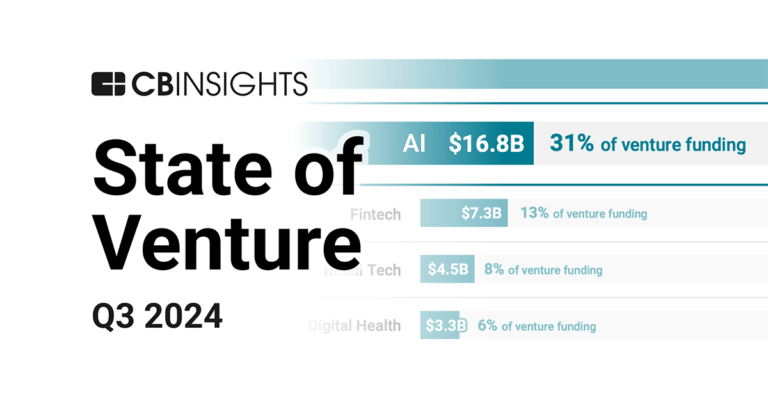
World Labs
Founded Year
2024Stage
Series A - II | AliveTotal Raised
$230MValuation
$0000Last Raised
$130M | 1 yr agoMosaic Score The Mosaic Score is an algorithm that measures the overall financial health and market potential of private companies.
+82 points in the past 30 days
About World Labs
World Labs operates as a spatial intelligence company specializing in artificial intelligence and machine learning. The company focuses on developing large world models (LWMs) that enable artificial intelligence (AI) to perceive, generate, and interact with the three-dimensional (3D) world, both virtual and real, by endowing them with spatial intelligence. World Labs primarily serves sectors that require advanced AI capabilities for understanding and reasoning about 3D environments from various data inputs. It was founded in 2024 and is based in Stanford, California.
Loading...
ESPs containing World Labs
The ESP matrix leverages data and analyst insight to identify and rank leading companies in a given technology landscape.
The robot foundation model developers market refers to the segment of the artificial intelligence and robotics industry focused on developing foundational AI models for a wide variety of robotic form factors. These models, built on advanced machine learning architectures, provide the underlying capabilities for a wide array of robotic tasks, such as perception, decision-making, and interaction. Th…
World Labs named as Challenger among 15 other companies, including Microsoft, Meta, and Amazon.
Loading...
Research containing World Labs
Get data-driven expert analysis from the CB Insights Intelligence Unit.
CB Insights Intelligence Analysts have mentioned World Labs in 7 CB Insights research briefs, most recently on Aug 26, 2025.

Aug 26, 2025 report
All 100 AI unicorns since ChatGPT launched
Aug 22, 2025
The top angel investors in AI
May 16, 2025 report
Book of Scouting Reports: 2025’s AI 100
Apr 24, 2025 report
AI 100: The most promising artificial intelligence startups of 2025
Oct 29, 2024 report
State of AI Q3’24 Report

Oct 3, 2024 report
State of Venture Q3’24 ReportExpert Collections containing World Labs
Expert Collections are analyst-curated lists that highlight the companies you need to know in the most important technology spaces.
World Labs is included in 5 Expert Collections, including Unicorns- Billion Dollar Startups.
Unicorns- Billion Dollar Startups
1,286 items
Artificial Intelligence
10,195 items
Generative AI
2,793 items
Companies working on generative AI applications and infrastructure.
AI 100 (2025)
100 items
AI 100 (All Winners 2018-2025)
100 items
World Labs Patents
World Labs has filed 1 patent.
The 3 most popular patent topics include:
- lanthanides
- monoclinic minerals
- polarization (waves)

Application Date | Grant Date | Title | Related Topics | Status |
|---|---|---|---|---|
10/19/2021 | Monoclinic minerals, Polarization (waves), Lanthanides, Reducing agents, Spectroscopy | Application |
Application Date | 10/19/2021 |
|---|---|
Grant Date | |
Title | |
Related Topics | Monoclinic minerals, Polarization (waves), Lanthanides, Reducing agents, Spectroscopy |
Status | Application |
Latest World Labs News
Aug 27, 2025
China 20 Jul 2025 Chinese start-up claims its latest 3D AI model Tripo 3.0 is its 'most accurate, detail-rich geometry yet'. — SCMP Chinese AI start-up Vast aims to take on global tech giants such as Tencent Holdings and Google in developing 3D AI models, which allow creators to generate three-dimensional visual content with text or image inputs, an increasingly competitive field that has seen the entrance of influential players such as AI pioneer Li Fei-fei. Beijing-based Vast, established in 2023, aims “to let everyone create 3D content with zero barriers and zero cost”, and potentially create a TikTok-like platform for user-generated 3D content, founder and CEO Simon Song Yachen, previously a co-founder of Chinese AI unicorn MiniMax, said in an interview last week. The company, with more than 100 employees in Beijing and Hangzhou, operates an AI 3D generation platform called Tripo Studio, and last week released the latest version, the Tripo 3.0 model, which offers its “most accurate, detail-rich geometry yet”, the company said. “For AI 3D large models, we are the leader in the world. I think there’s consensus in that,” said 28-year-old Song, who worked in the CEO’s office of Chinese AI pioneer SenseTime before co-founding Minimax. Song founded Vast shortly after Google’s 2022 launch of the text-to-3D model DreamFusion, which he said had made 3D content generation possible. The nascent field is shaping up to be the latest frontier in AI competition as companies try to appeal to professional creators in the game and film industries, as well as individual artists. Chinese social media and gaming giant Tencent in March made five of its early Hunyuan 3D models open source, and last month released and open-sourced its Hunyuan 3D world model 1.0, which it said could generate a 3D virtual world with a line of text or an image within minutes, a process that used to take weeks for a professional modelling team to build. Chinese-American computer scientist Fei-Fei Li, hailed as the Godmother of AI for her work in computer vision, last year raised US$230mil (RM972.32mil) for her start-up World Labs, which also builds 3D “large world models”. In June, Vast raised “tens of millions of US dollars” from investors including the government-run Beijing Artificial Intelligence Industry Investment Fund, and it received backing from Chinese venture capital funds such as Vitalbridge and Fortune Capital in previous rounds. Song declined to reveal its current valuation, but said that the company was in the process of raising a fourth round of funding. Vast saw its revenue jump 150% to nearly US$600,000 (RM2.53mil) in June after the launch of its Tripo Studio platform, he said. The platform currently had around three million professional creators, about 80% of whom were based outside China, with Europe and the US being its biggest markets, Song said. Creators used it for digital content such as games, animation or film visual effects, or to design physical products including shoes, furniture or action figures, he said. Vast also had about 40,000 enterprise customers accessing its models through application programming interfaces, including major companies such as Tencent, NetEase, ByteDance, Microsoft, Sony and Popmart, according to Song. The founder shrugged off the impact of the lack of cutting-edge AI processors China faces because of US export controls, only saying that computing power in China was much cheaper than in the US. The computing power required for the training and inference of 3D large models was also less intense than that demanded by large language models, he said. The company planned to expand to the consumer market later on with a freely available platform for user-generated 3D content, but that would not happen for at least two to three years, Song said. – South China Morning Post Follow us on our official WhatsApp channel for breaking news alerts and key updates! Topic:
World Labs Frequently Asked Questions (FAQ)
When was World Labs founded?
World Labs was founded in 2024.
Where is World Labs's headquarters?
World Labs's headquarters is located at Stanford.
What is World Labs's latest funding round?
World Labs's latest funding round is Series A - II.
How much did World Labs raise?
World Labs raised a total of $230M.
Who are the investors of World Labs?
Investors of World Labs include Andreessen Horowitz, Radical Ventures, New Enterprise Associates, Adobe Ventures, Andrej Karpathy and 22 more.
Who are World Labs's competitors?
Competitors of World Labs include Bifrost, Physna, Utopai Studios, Vizzio, Blackshark.ai and 7 more.
Loading...
Compare World Labs to Competitors

RNetLabs focuses on the application of diffusion models in interactive environments within the technology sector. It works on creating environments that enable interaction with digital content. Its services are aimed at sectors that utilize digital experiences. It is based in Delaware City, Delaware.

Geopipe specializes in the creation of digital twins and interactive three-dimensional (3D) models for various sectors including gaming and simulation. Its main offerings include the generation of game-ready, real-world 3D city models that can be used in simulations, gaming, and other virtual experiences. Geopipe's technology leverages a proprietary machine learning pipeline to process raw sensor data and reconstruct detailed digital twins at multiple levels of detail. It was founded in 2016 and is based in New York, New York.

Blackshark.ai specializes in artificial intelligence AI-based object detection and the creation of a three-dimensional (3D) digital twin of the entire planet within the geospatial technology sector. The company's main offerings include extracting insights from satellite and aerial imagery to produce photorealistic, semantic 3D models and geospatial analytics that serve various enterprise solutions. Blackshark.ai primarily caters to industries requiring high-fidelity simulation environments, such as aviation training, urban planning, and mixed-reality applications. It was founded in 2020 and is based in Graz, Austria.
Traverse3D specializes in integrating AI with 3D technologies within the geospatial sector. The company offers platforms that enable automated analysis and interpretation of the physical world for enterprises, utilizing advanced mapping, drone navigation, target recognition, and digital twin technologies. These solutions cater to the needs of defense and enterprise sectors seeking to leverage digitized worlds for improved decision-making and operational efficiency. It is based in Palo Alto, California.

ZestyAI provides AI-powered risk assessment solutions for the property and casualty insurance industry. The company offers peril-specific risk models for natural disasters and environmental hazards, along with property insights to assist in underwriting and pricing decisions. ZestyAI's services are used by the insurance sector for risk management and decision-making. ZestyAI was formerly known as PowerScout. It was founded in 2015 and is based in San Francisco, California.

Physna specializes in the analysis and codification of three dimensional models for various industries, utilizing advanced geometric deep learning technology. The company offers software solutions that transform physical objects into digital code, for manufacturing, and supporting innovations in three dimensional printing, augmented reality, and virtual reality. It was founded in 2015 and is based in Columbus, Ohio.
Loading...
